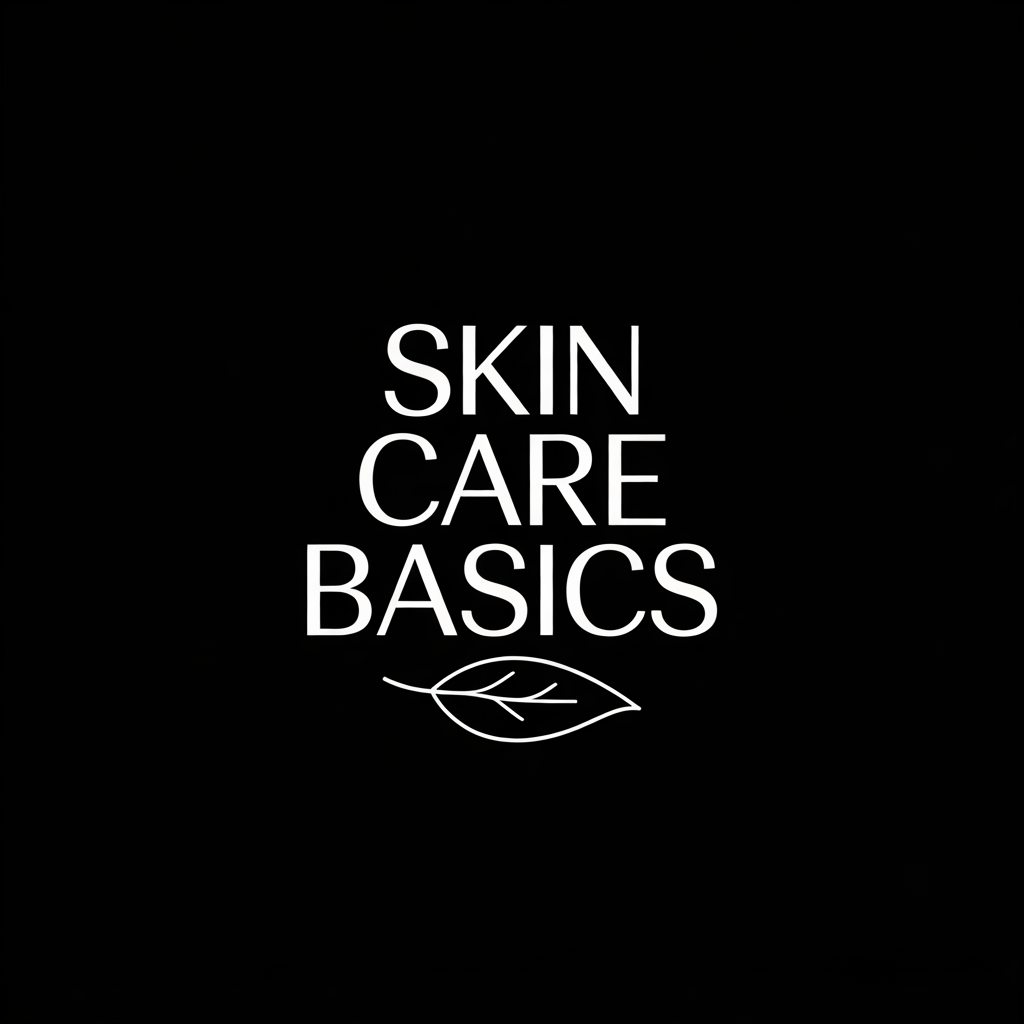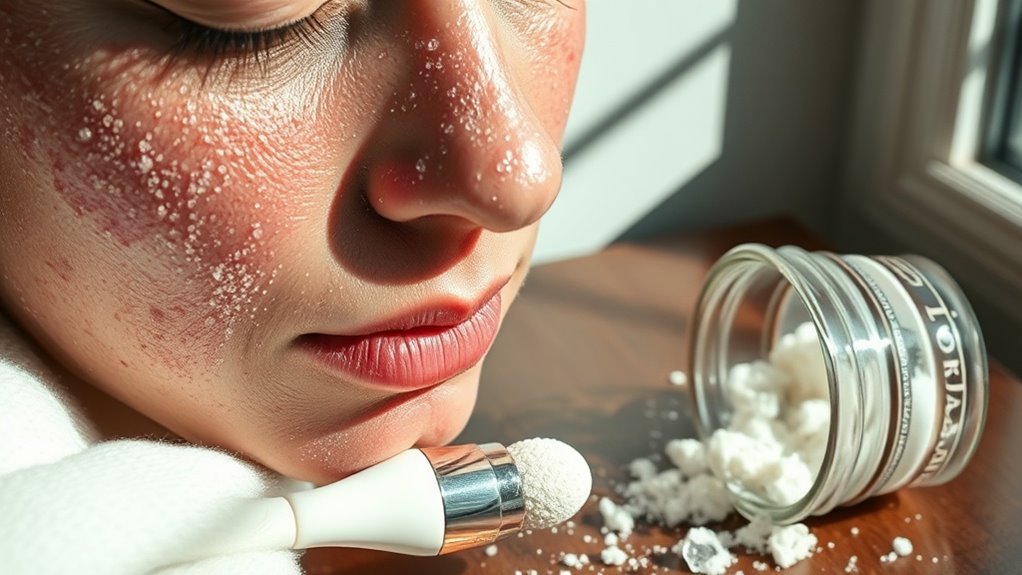The Truth About Over-Exfoliating
Even the most radiant skin can succumb to the perils of over-exfoliation. If you’ve been scrubbing away diligently, it might be time to pause and evaluate the effects on your skin. Many believe that more exfoliation means better results, but that’s often a dangerous misconception. Uncover the signs of over-exfoliating and the long-term consequences of disrupting your skin’s natural balance.
Understanding Exfoliation: What It Is and Why It Matters
Exfoliation is a crucial process for maintaining healthy skin, as it involves the removal of dead skin cells from the surface. By doing so, you promote cell turnover and enhance skin texture. However, it’s essential to avoid over-exfoliating, as this can disrupt your skin’s natural barrier, leading to irritation and sensitivity. Proper exfoliation frequency is vital for achieving optimal skin health and resilience. Maintaining a balanced approach to exfoliation helps maximize benefits while minimizing risks.
Signs You May Be Over-Exfoliating
Maintaining a balanced exfoliation routine is key to skin health, but recognizing the signs of over-exfoliation is vital for preventing damage.
If your skin feels excessively dry, appears red or irritated, or experiences breakouts despite your regimen, you may be over-exfoliating.
Additionally, increased sensitivity to products can indicate an impaired skin barrier, signaling that you should adjust your exfoliation frequency. Early recognition of these signs is crucial for preventing further damage and promoting healing.
Common Myths About Exfoliation
Some believe that more frequent exfoliation leads to better results, but this isn’t true. Your skin’s natural turnover rate doesn’t change with additional scrubbing.
Many also assume all scrubs are equal; in reality, physical and chemical exfoliants serve different purposes and can affect various skin types differently. Moderation is crucial for healthy skin regeneration ensures effective exfoliation. Understanding these nuances ensures effective exfoliation.
The Risks and Consequences of Over-Exfoliating
Over-exfoliating can lead to significant skin damage, contrary to the belief that more exfoliation equals healthier skin. You risk irritation, inflammation, and compromised skin barriers. Understanding the potential consequences helps protect your skin. Gentle exfoliation promotes cell turnover, ensuring that your skin remains healthy without the risks associated with over-exfoliating.
| Risk | Consequence |
|---|---|
| Irritation | Redness and discomfort |
| Inflammation | Increased sensitivity |
| Compromised barrier | Higher vulnerability to pathogens |
| Premature aging | Fine lines and wrinkles |
Best Practices for Safe Exfoliation
While it may be tempting to exfoliate frequently for a smoother complexion, adopting best practices ensures you effectively enhance your skin’s health without causing harm.
Use gentle exfoliants, and limit exfoliation to once or twice a week based on your skin type.
Always follow with a nourishing moisturizer and sunscreen to protect your newly exposed skin from damage.
Prioritize your skin’s long-term health, as regular cleansing maintains skin barrier function and prevents irritation.
Tips for Maintaining a Balanced Skincare Routine
To maintain a balanced skincare routine, it’s essential to understand your skin type and its unique needs.
Tailor your products accordingly, incorporating gentle cleansers, moisturizers, and targeted treatments. Limit exfoliation to once or twice a week and always use sunscreen daily.
Keep your routine consistent, and don’t switch products too often. Monitor your skin’s response and adjust as necessary.

